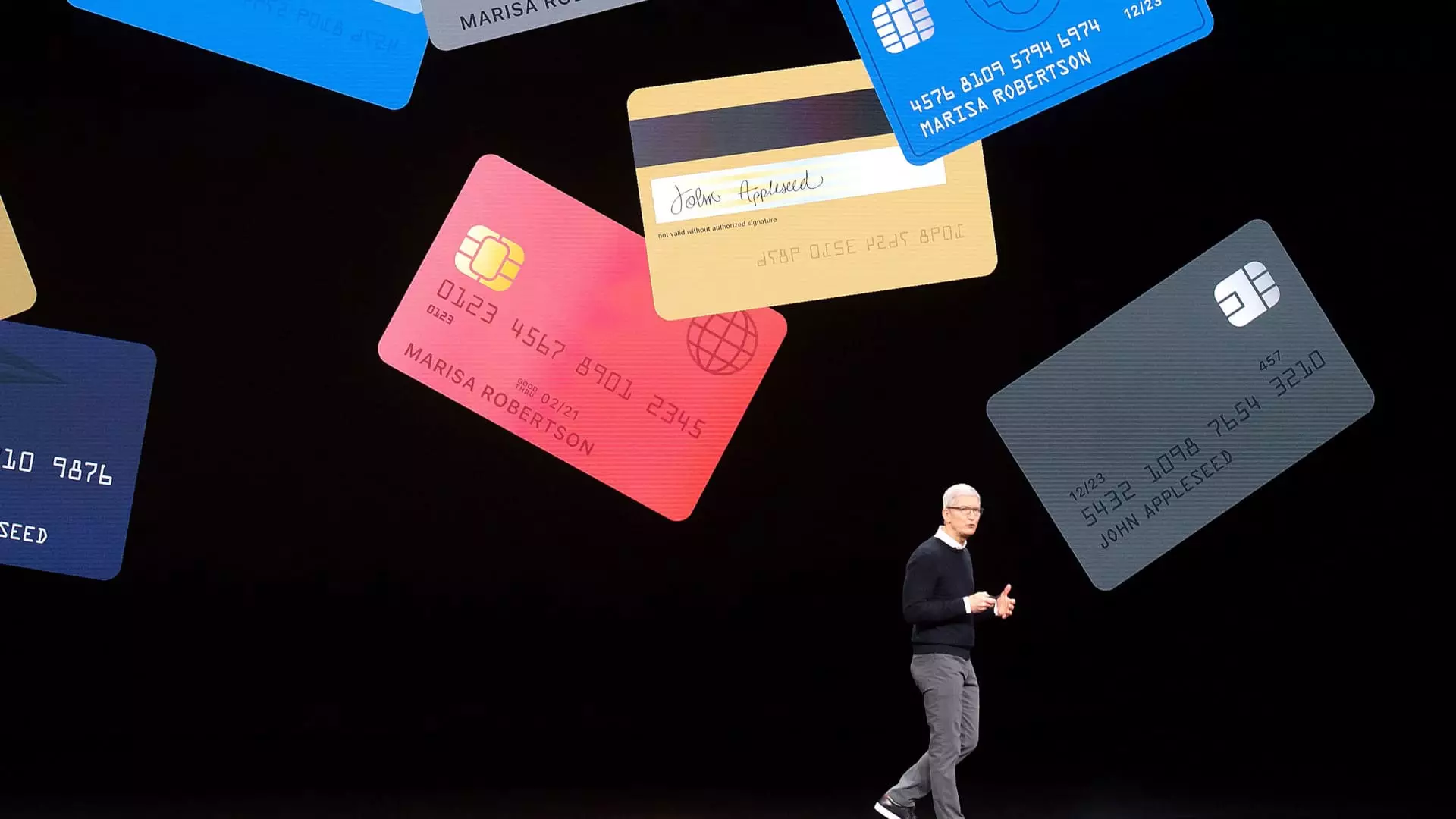In the ever-evolving landscape of financial technology, Apple Inc. appears poised for a significant transition regarding its flagship credit card, the Apple Card. The tech giant is reportedly engaging in negotiations with JPMorgan Chase, one of the largest banking institutions in the United States, to take over management of this program from Goldman Sachs. This potential shift raises critical questions about the future of the Apple Card and reflects broader challenges within the realm of retail banking.
While discussions are still in the preliminary stages, various aspects of the agreement remain unresolved. The terms of the deal, particularly the financial implications and what features might remain intact, are essential factors that could determine its success. Rumors suggest that the ongoing talks may falter over these key issues. Such complications illustrate the precarious nature of negotiations in financial services, especially when dealing with high-profile entities like Apple and JPMorgan Chase.
Goldman Sachs found itself in a tight spot after it changed its retail banking strategy, which has led to increased scrutiny and unanticipated financial losses associated with the Apple Card. This scenario has narrowed Apple’s options, limiting its ability to leverage multiple partnerships in seeking a new issuer. The implications of this transition are significant for both companies and the consumers who rely on Apple’s financial products.
The Apple Card, with an estimated $17 billion in loans, has attracted its share of challenges since its inception. JPMorgan seeks to negotiate a deal that would involve acquiring this portfolio at less than face value due to concerns over elevated loss rates. As discussions unfold, sources reveal that the portfolio’s delinquency rates are a significant consideration. Goldman Sachs asserts these issues stem from the influx of new accounts, suggesting that as user familiarity with the card grows, performance will improve. However, uncertainty surrounding credit quality amidst economic fluctuations raises alarms about the long-term viability of the Apple Card offering.
If JPMorgan Chase ultimately assumes control of the Apple Card, the bank plans to reevaluate some of its aspects, notably the calendar-based billing feature. This feature, while popular with users for its simplicity, has been notorious for overwhelming customer service during the first week of each month. Shifting away from such practices may streamline operational efficiencies for JPMorgan but could alienate some existing users accustomed to this method of billing.
The dialogue between Apple and JPMorgan Chase encapsulates the intricate dynamics of the modern banking landscape, where technology and finance intersect. As stakeholders await further developments, this potential transition signals that the financial wellness of consumers is closely tied to such corporate decisions. While it may yield operational improvements for JPMorgan, the broader implications for Apple’s brand reputation and customer satisfaction remain to be seen. Ultimately, the outcome of these negotiations could redefine the future of consumer credit in an increasingly uncertain economic environment.

